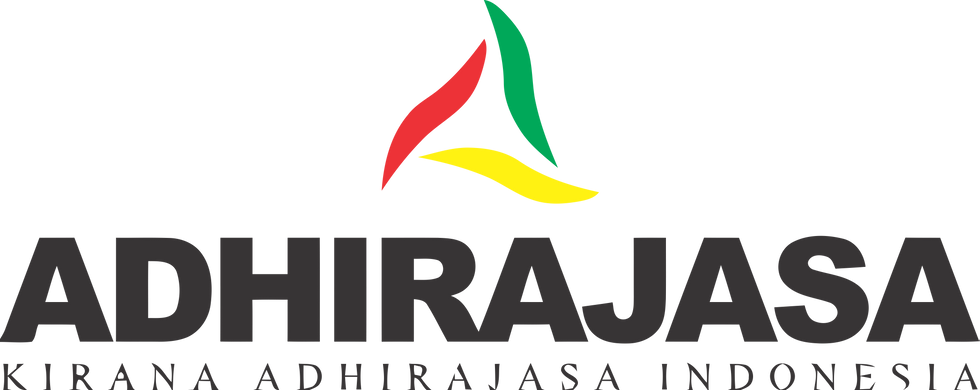Copyright of Songs: Ensuring Sustainability Through Royalty Payments

Industri Pariwisata - Ensuring Copyright Sustainability. The use of songs in various media, ranging from radio to television shows and digital streaming platforms, has become an integral part of our daily lives. However, behind every song we hear, there is a story of copyright that must be respected and maintained for its sustainability through royalty payments to songwriters and copyright holders.
Ensuring Copyright Sustainability
Copyright of songs is a legal protection granted to songwriters for their creative works. This includes the exclusive right to control the use and distribution of their songs. In other words, copyright gives songwriters the right to decide how their songs are used and to receive fair compensation for their use.
Royalty Payments: Concepts and Benefits
Music royalties are payments made to songwriters and copyright holders for the use of their songs. This concept is important as it provides incentives for songwriters to continue creating new works. Additionally, royalty payments are also an important source of income for songwriters, enabling them to continue creating and developing their talents.
Process of Royalty Collection and Distribution
The process of collecting and distributing royalties involves various parties, including royalty collection agencies, streaming platforms, and music producers. Royalty collection agencies play a role in collecting royalties from various sources, including radio broadcasts, record sales, and live concerts. Once royalties are collected, these agencies then distribute them to songwriters and copyright holders according to pre-existing agreements.
Challenges in Royalty Payments
Although the importance of royalty payments is recognized by all parties, there are still several challenges that need to be addressed. One of them is the issue of verifying copyright ownership, where some songs may have more than one songwriter or copyright holder who must receive royalties. Additionally, there is also the issue of inequality in royalty distribution, where independent songwriters may receive a smaller share of royalties compared to major artists or record labels.
Solutions and Innovations
To address challenges in royalty payments, the music industry continues to seek solutions and innovations. One of them is the use of blockchain technology, which can enable greater transparency and security in royalty collection and distribution. Additionally, digital rights management platforms are also emerging, providing songwriters with tools to more efficiently track the use of their songs and ensure they receive fair royalties.
In today's digital era, ensuring the sustainability of song copyrights through royalty payments is becoming increasingly important. This is not only an ethical issue but also an economic justice issue for songwriters who have contributed to our cultural wealth.
Through cooperation between various parties, including songwriters, copyright holders, royalty collection agencies, and the music industry as a whole, we can ensure that song copyrights remain protected and songwriters receive fair compensation for their works.
Understanding the Law and Licensing of Karaoke Businesses: A Practical Guide
Karaoke businesses have become a popular form of entertainment in many countries, where people can have fun singing their favorite songs. However, behind the enjoyment, there are a number of laws and licenses that karaoke business owners need to understand in order to operate legally and avoid legal issues in the future.
Understanding the Law and Licensing of Karaoke Businesses
The laws and licensing of karaoke businesses refer to a set of rules and regulations that govern the operations of these businesses. This includes requirements for music licenses, song copyrights, business licenses, and health and safety regulations.
Music Licenses
One of the most important aspects of karaoke business law is music licenses. Karaoke business owners must ensure that they have the appropriate licenses to play copyrighted songs at their venues. Without the proper licenses, the use of these songs can be considered copyright infringement and can result in serious legal action.
Song Copyrights
Song copyrights protect the exclusive rights of songwriters to control the use and distribution of their works. Therefore, karaoke business owners must ensure that they comply with copyright law by obtaining the necessary permissions or licenses before playing these songs at their karaoke venues.
Business Licenses
In addition to music licenses, karaoke business owners also need to obtain the necessary business licenses from local governments. This includes operational permits, environmental permits, and health and safety permits, depending on the regulations in their area.
Health and Safety Regulations
Finally, karaoke business owners must also comply with health and safety regulations set by local governments. This includes regulations on maximum venue capacity, maintenance of karaoke equipment, provision of safe food and drink services, and emergency evacuation procedures.
By understanding and complying with applicable laws and licenses, karaoke business owners can avoid serious legal issues and keep their operations running smoothly. This will also help them build a good reputation in the industry and ensure the sustainability of their business in the long run. If you are interested in learning more about the law and licensing in the karaoke business, feel free to read our more in-depth articles on this topic.
More information :
Info Konsultan Bisnis Pariwisata
(Admin) (+62)821 3700 0107
Baca juga : The Importance of Service Diversification: Its Impact on Legal Aspects, Pentingnya Diversifikasi Layanan: Pengaruhnya terhadap Aspek Hukum
Tag :ls bmwi, lsppiu, jttc, jana dharma indonesia








Kommentare